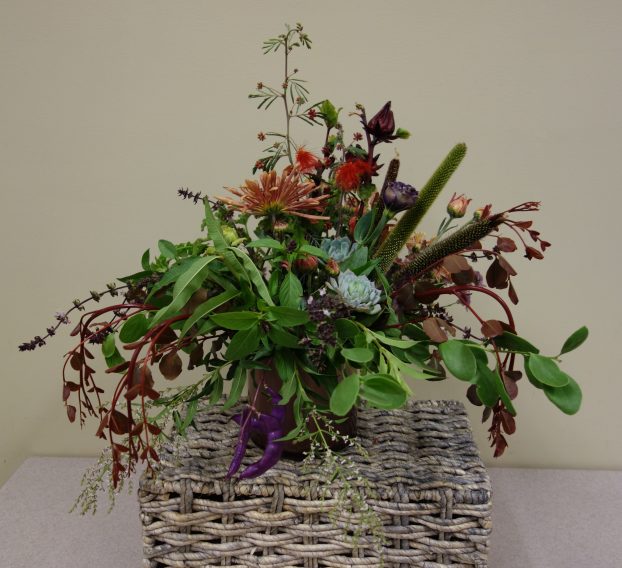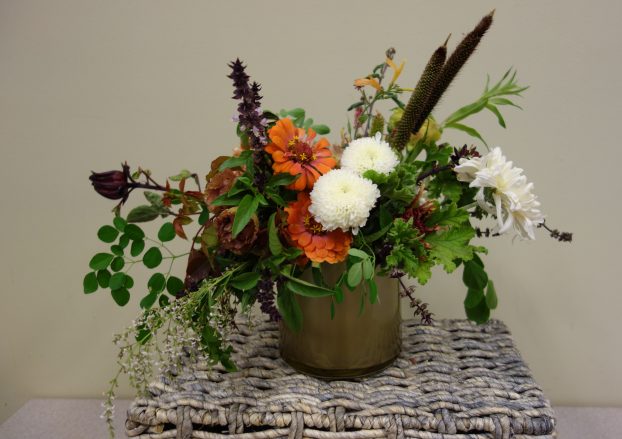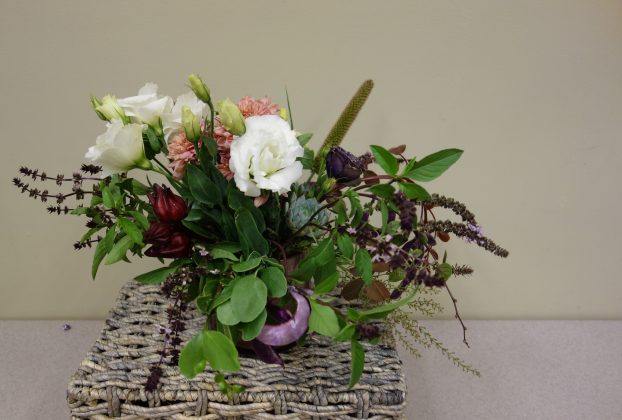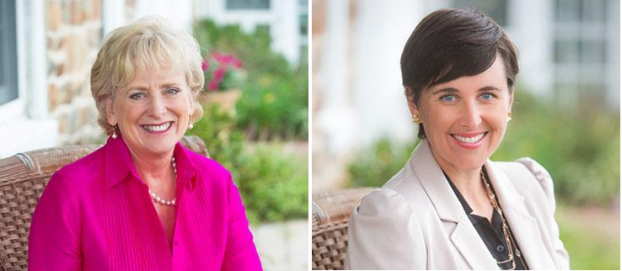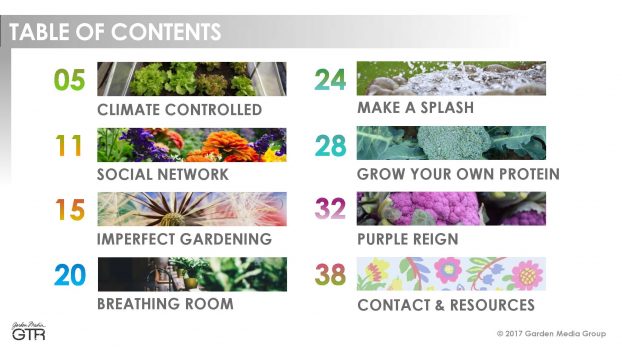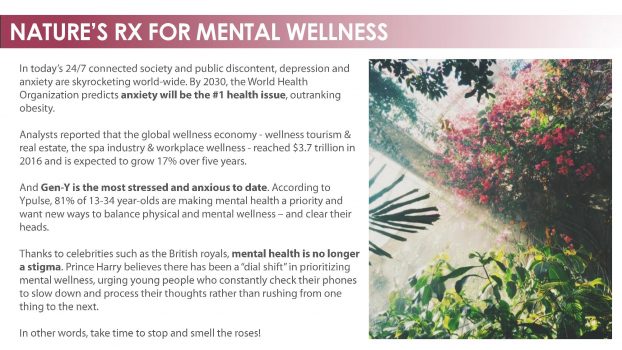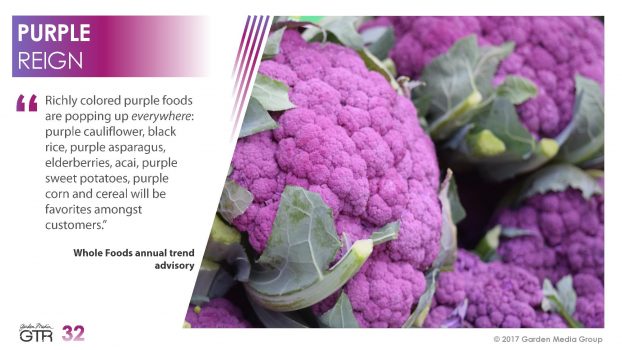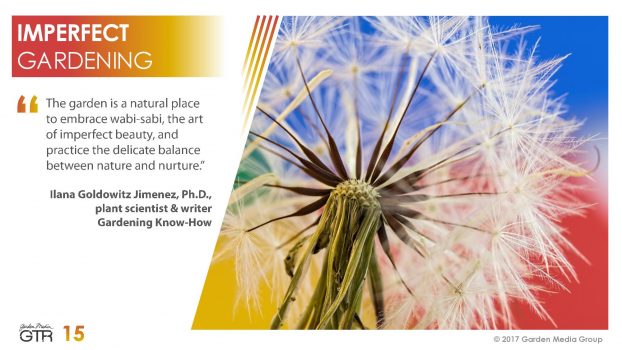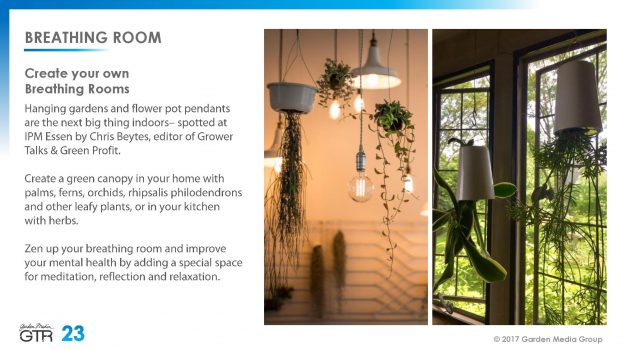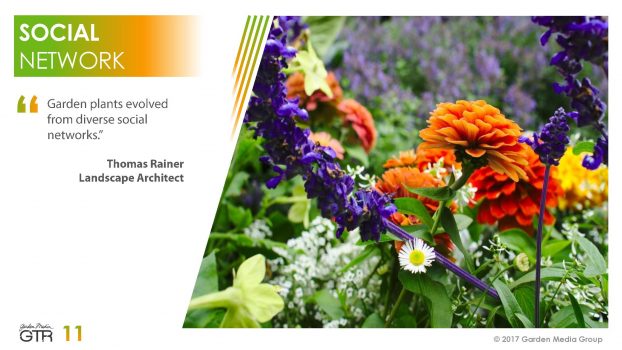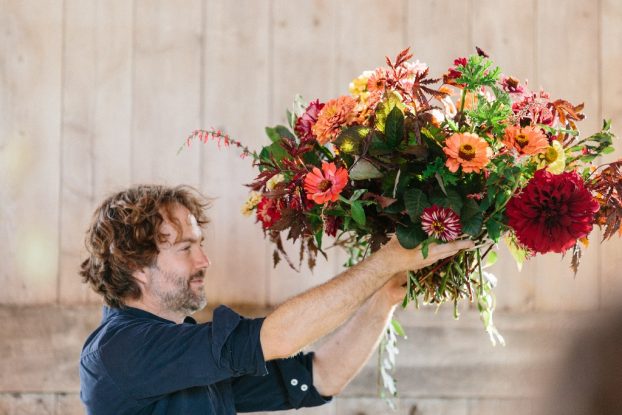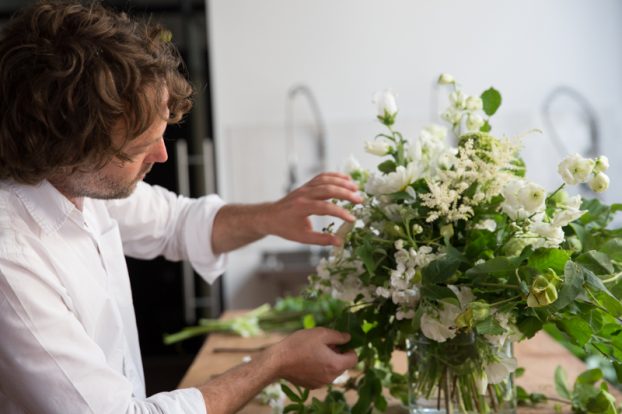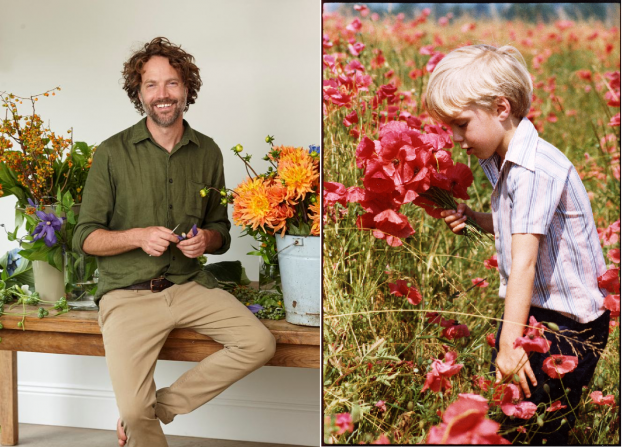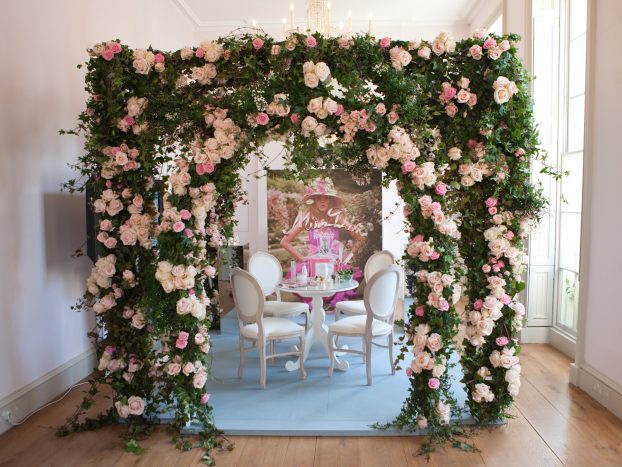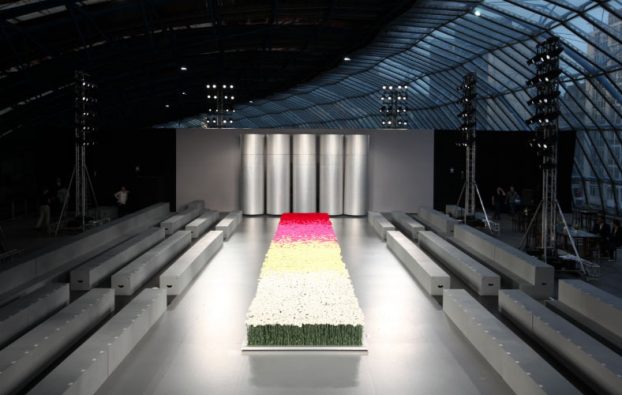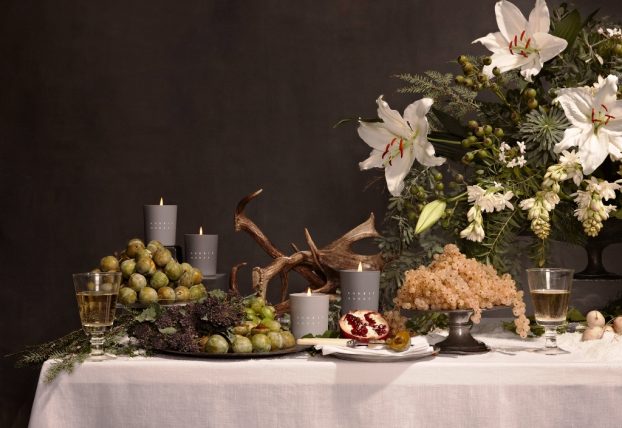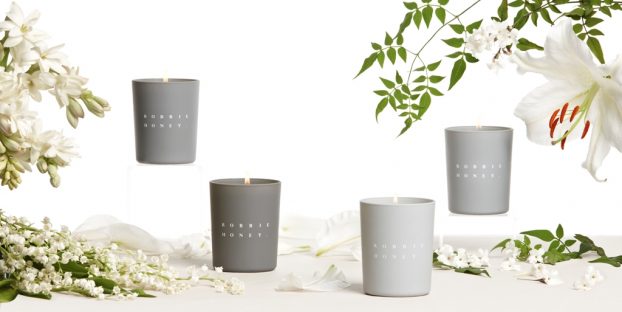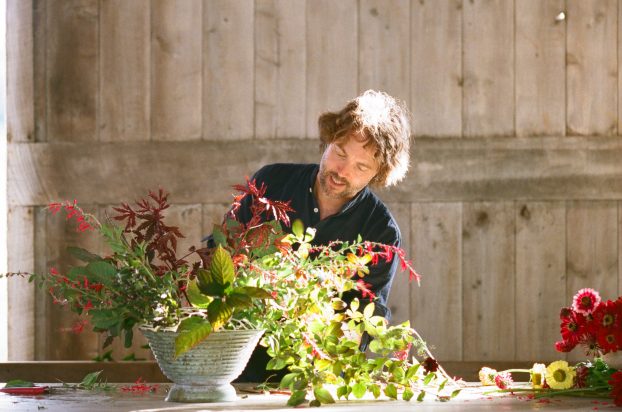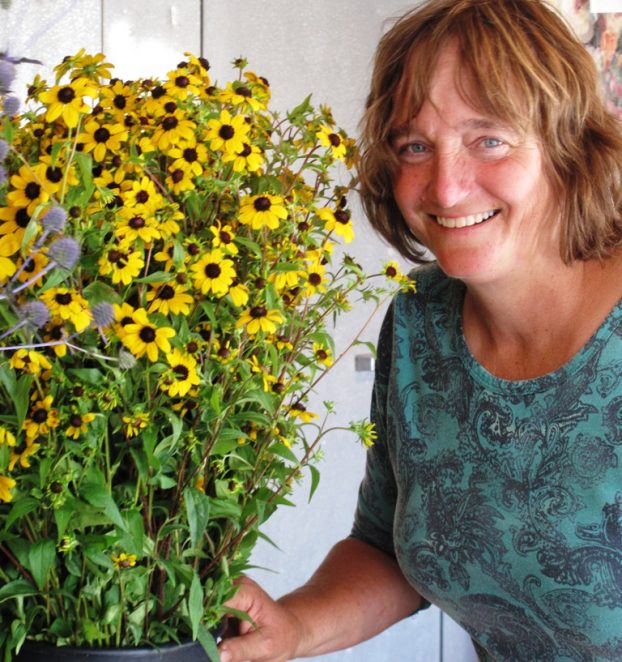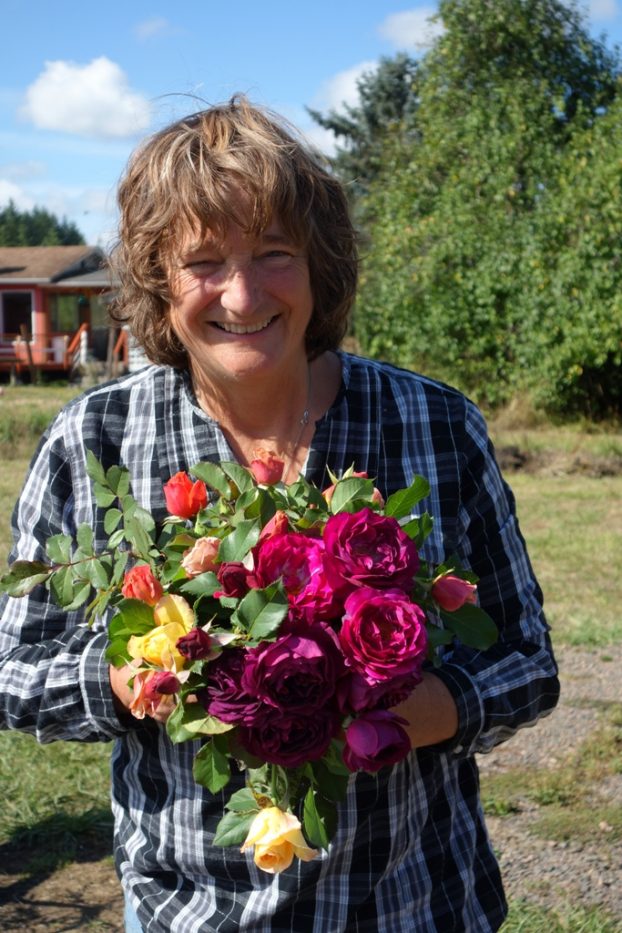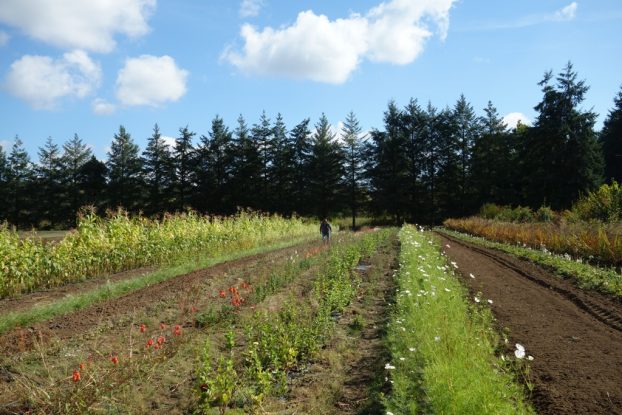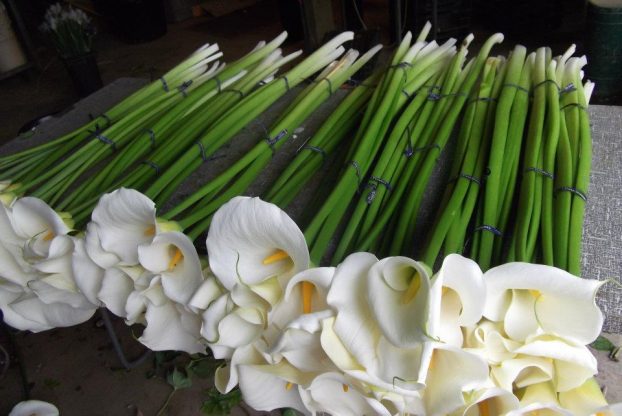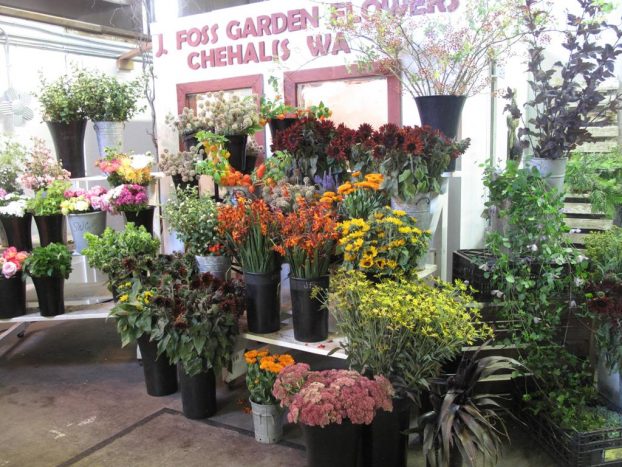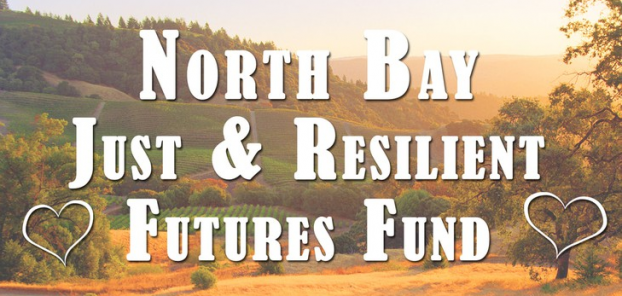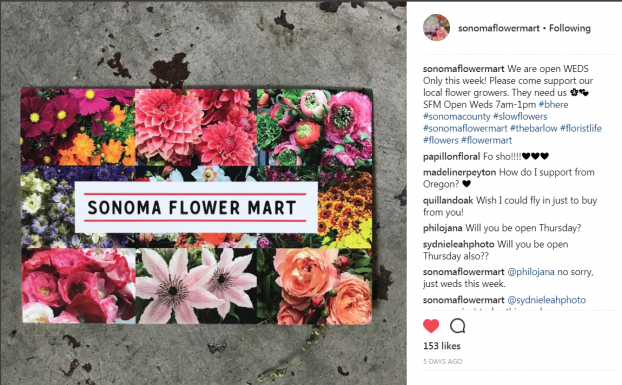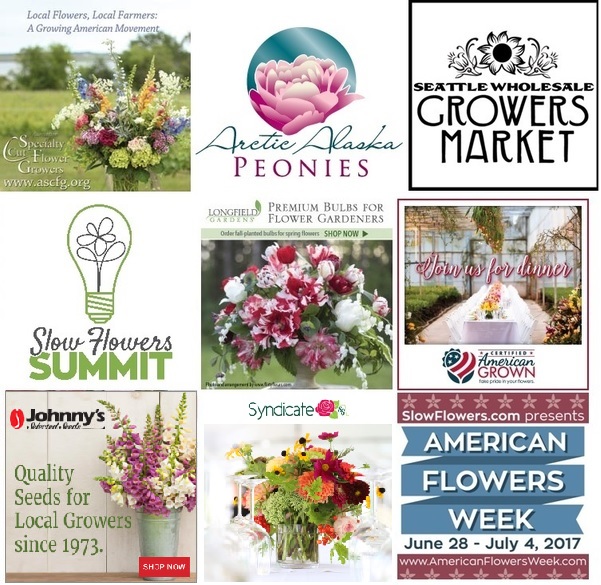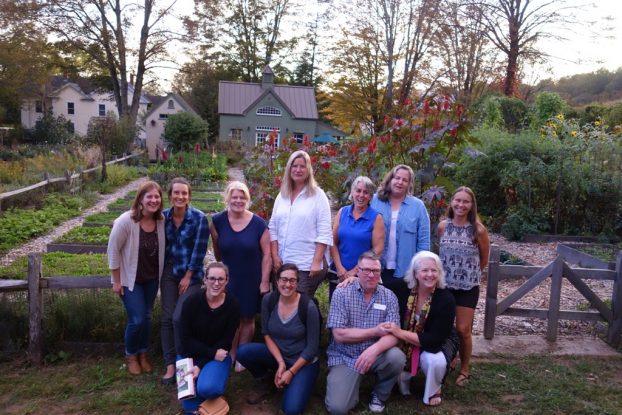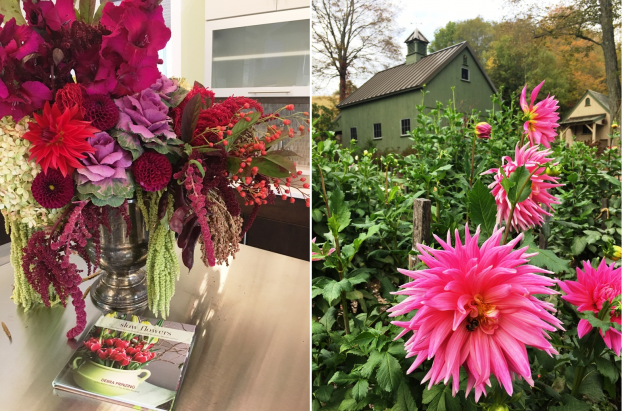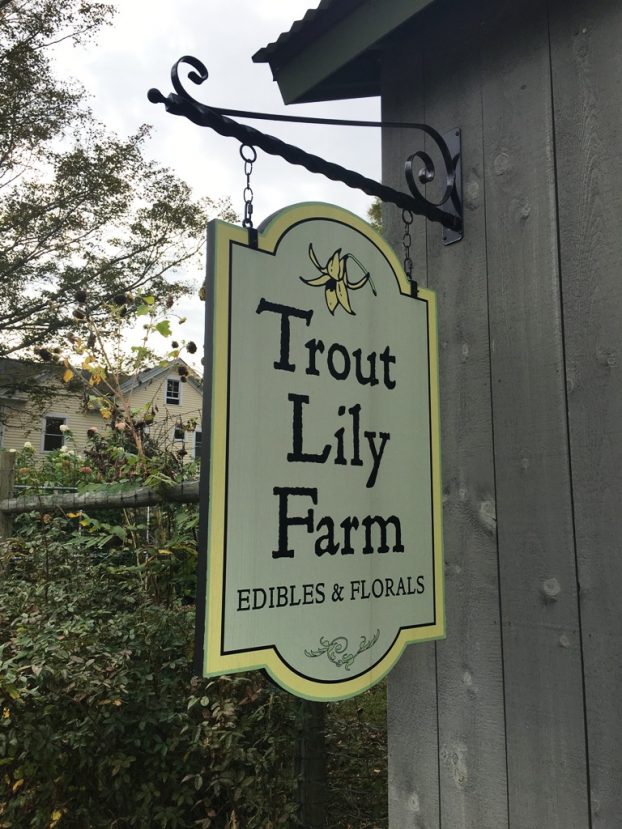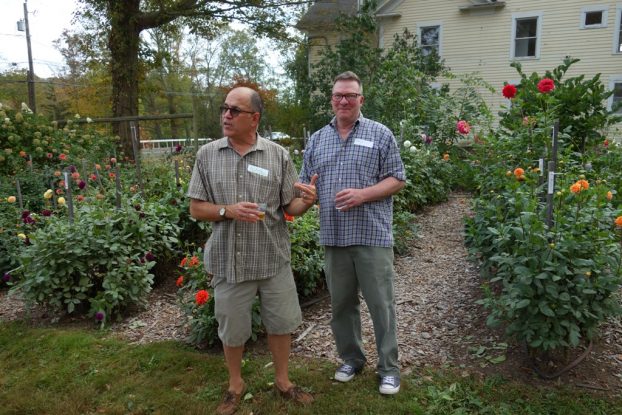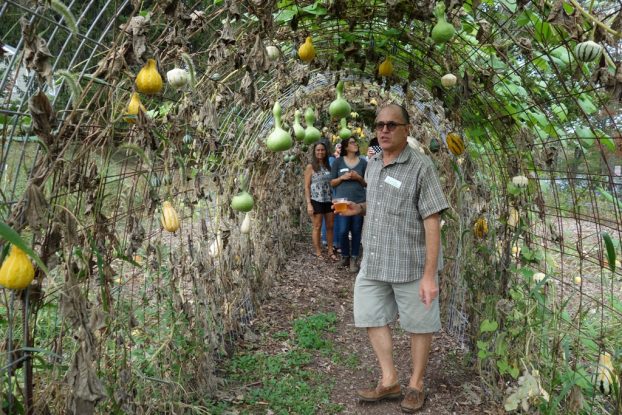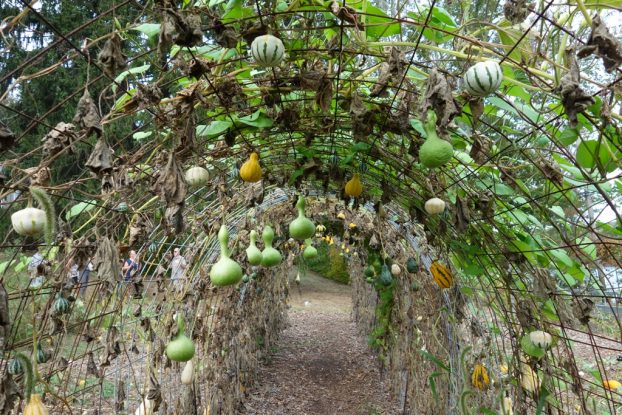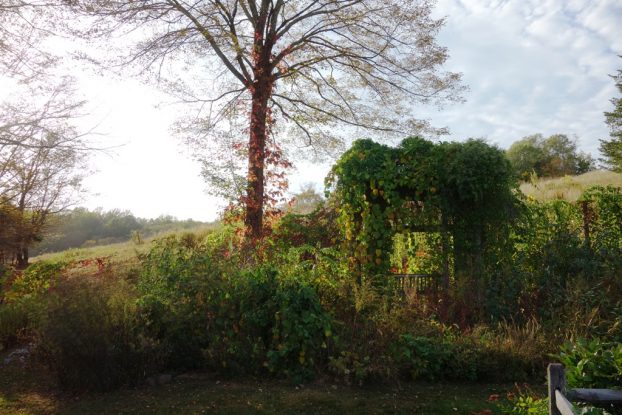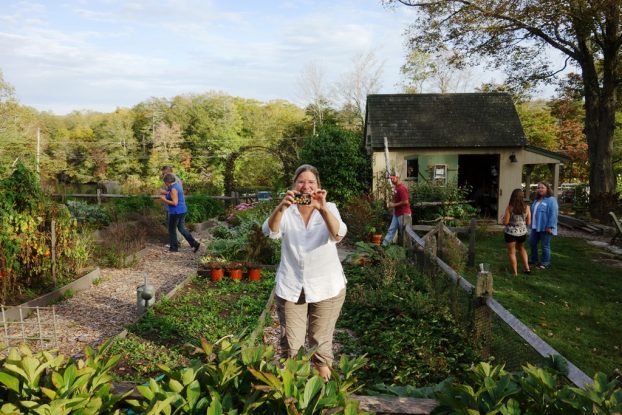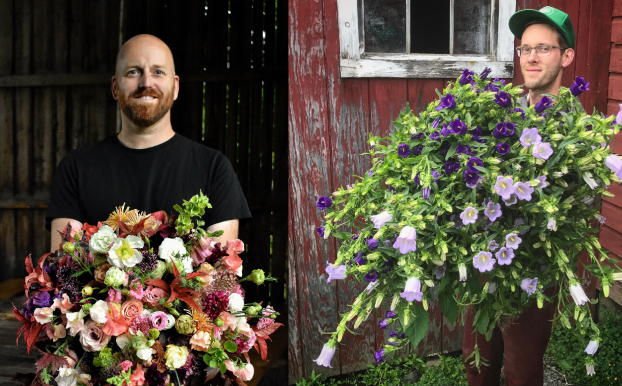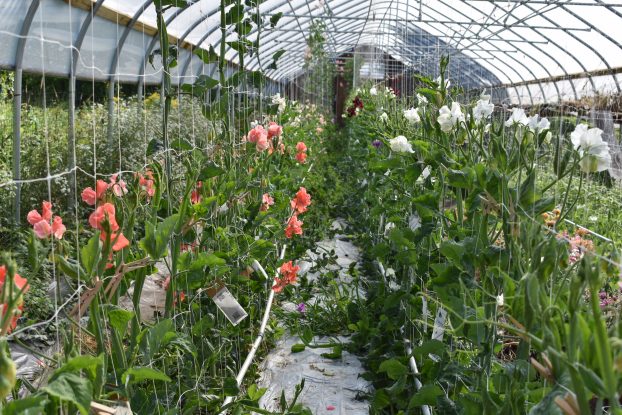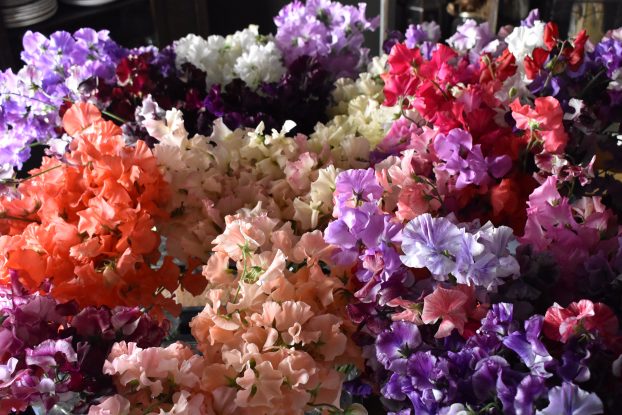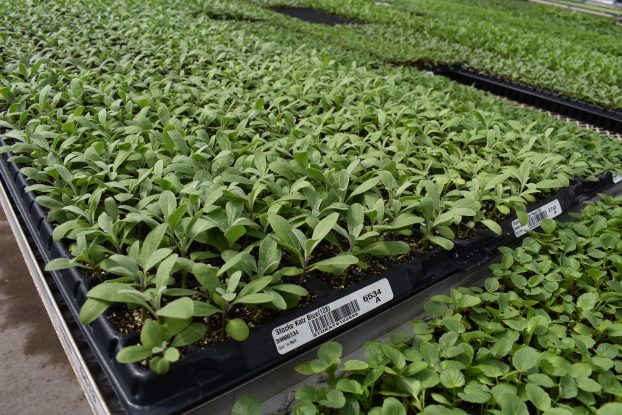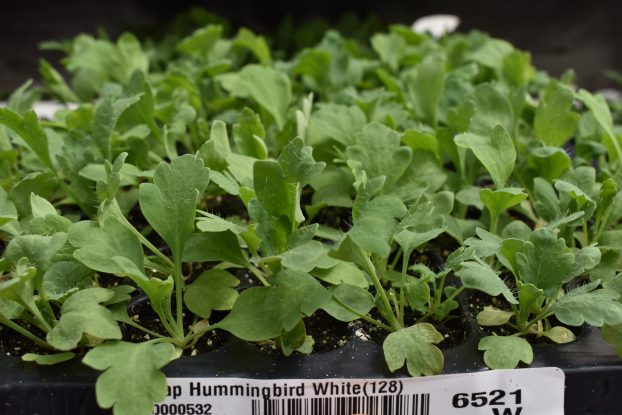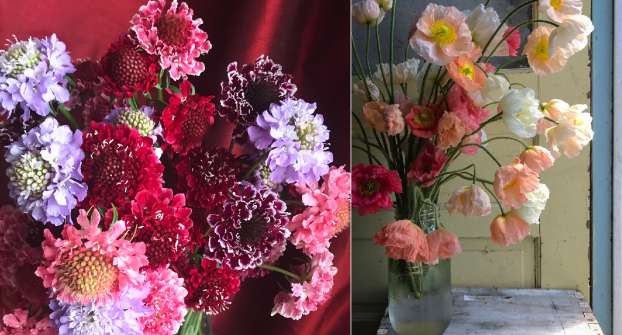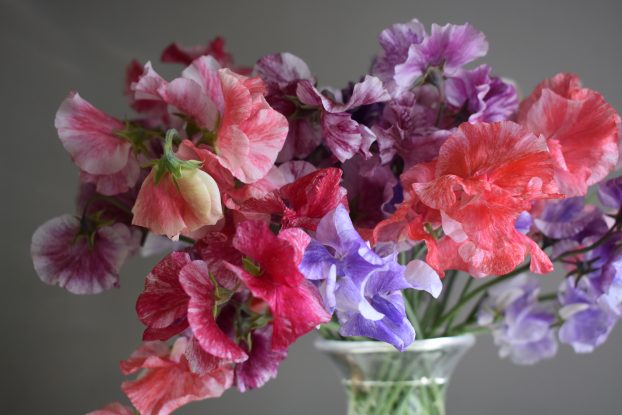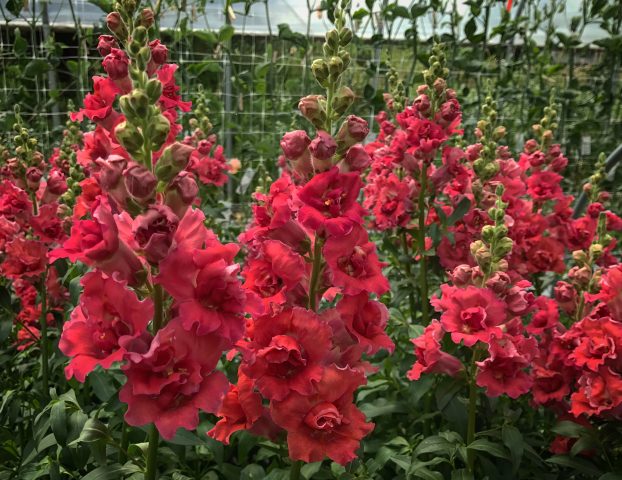Podcast: Play in new window | Download
Subscribe: Apple Podcasts | Podcast Index | RSS | More
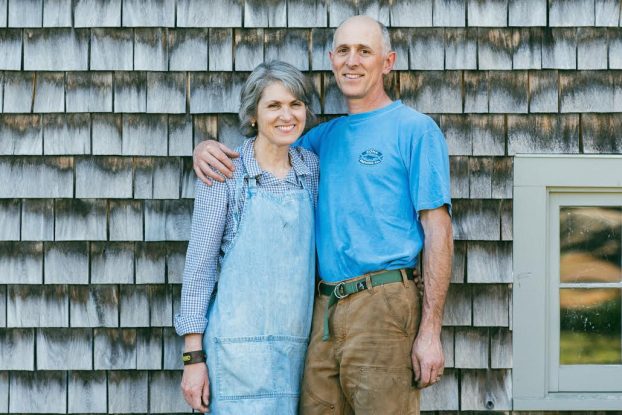
Barbara Rietscha and David Buchholz of Stow Greenhouses, recently rebranded as Boston-based Field & Vase
Today, you will hear from two guests: Sue Nevler, an incredibly active gardening friend from the Pacific Northwest and national public horticulture scene who will share about the Solstice Garden Gatherings on December 21st, and Stow, Massachusetts-based Barbara Rietscha of Stow Greenhouses, which has rebranded as Field & Vase in Boston — yet another flower farm branching into retail floristry. I’m so excited to share these interviews with you!
We’re getting close to the end of 2017 and for many of you, that means reflecting on the meaning of one’s work, on the relevance and purpose that we seek to have, and on the relationships that define us.
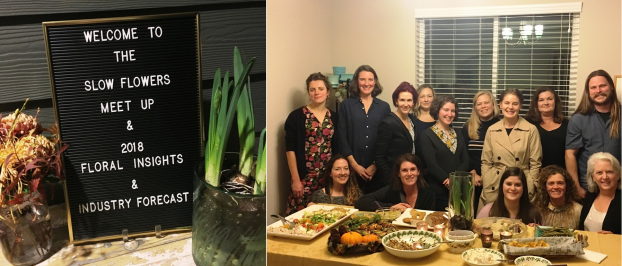
Thanks to all who joined me at the Seattle area Slow Flowers Meet-Up! This group knows how to feed one another’s appetites and creativity.
This all came together for me Sunday evening at the latest Slow Flowers Meet-Up. Over the course of 2017, I’ve gathered with our Slow Flowers Community in towns and cities across North America, listening, learning, sharing, connecting in places as diverse and wonderful as Pittsburgh, Pennsylvania; Toronto, Ontario; Missoula, Montana; Guilford, Connecticut; Providence, Rhode Island, and yes, Seattle.
It was such a joy to have a hometown (for me) Meet-Up and I am so happy that 14 folks in Seattle’s Slow Flowers community joined the festivities — flower farmers whose blooms thrive in tiny urban lots or expansive rural acreage, food farmers who are diversifying in to cut flowers, floral designers who specialize in weddings, everyday deliveries or workshops, landscape designers exploring the floral industry and also wholesalers who represent the farmers and sell their bountiful harvest to local florists.
It was wonderful to watch the new relationships and connections take place over delicious food, clicking of glass, and laughter throughout. There was one moment when it all went into slow-motion, freeze-frame for me. I stood there in my kitchen and marveled at the goodwill being shared among new and old friends, people who have supported the Slow Flowers movement in their own work, aligning their brands with ours. It was special and truly overwhelming to see where this singular Slow Flowers idea has taken all of us.
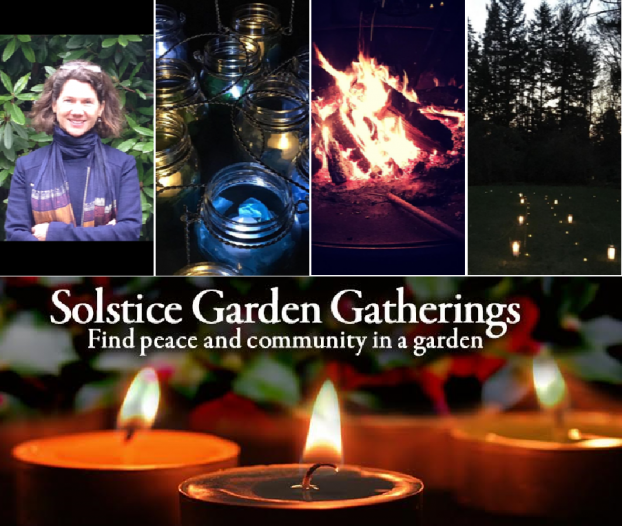 Last week I recorded a short interview that I want to start today’s episode. It will, I hope, inspire you to take a step or make a gesture in your own community as we approach the Winter Solstice, the holiday season and the New Year around the corner.
Last week I recorded a short interview that I want to start today’s episode. It will, I hope, inspire you to take a step or make a gesture in your own community as we approach the Winter Solstice, the holiday season and the New Year around the corner.
Sue Nevler (seen above), calls herself a gardening advocate. In 2016, Sue created an event called Solstice Garden Gatherings — and I shared the idea on an episode of this podcast last December. Solstice Garden Gatherings has gained momentum and support across the world, and I’m so glad to see the idea of people who assemble with others in public and private gardens, or in a flower field, or on a farm. The objective is simple, but powerful. A gathering in support of peace, acceptance, understanding, and hope.
Beginning December 10th, this Sunday, there are several taking place in the Seattle area, including these:
Bellevue Botanical Garden (Garden D’Lights)
Bloedel Reserve
Dunn Gardens
Heronswood
Kruckeberg Garden
University of Washington Botanic Gardens ( CUH)
Days, dates, times and formats vary at all these, so check individual garden website’s for more details.
Please use the hash-tag #solsticegardengatherings if you attend or create a similar event in your community. She is eager to see this idea spread and will be encouraged by your posts.
Our main guest today is Barbara Rietscha of Field & Vase, a new venture of Stow Greenhouses, based in Stow, Massachusetts, in the Boston area.
Stow Greenhouses is owned and operated by the husband and wife team of Dave Buchholz and Barbara Rietscha. In addition to growing and arranging flowers, they are raising three sons.
Barbara runs the day-to-day operations of the business and oversees everything from first seeding to final arrangement. Born in PA, Barbara had a circuitous route to flower farming. After graduating from college with a chemistry degree, she moved to Central Africa to teach farmers how to raise fish. When she returned home, Barb learned how to program computers and then moved to the business side of things and got her M.B.A. After the birth of her 2nd son, she took some time off to raise 3 sons until she and Dave bought the farm in 2010.
Barbara uses flowers and herbs grown on her farm as well as things foraged from the property. Her style is organic and natural and she likes to bring the garden to the vase whether it is for a bride, home or office. Barbara is motivated to educate her customers about the local flower movement as well as support local farms and businesses. She enjoys being outdoors and skiing and her retirement plan is traveling across the country in an Air Stream.
By day Dave is an IT professional at a large bank but by night, he is a plumber, electrician, carpenter – a whatever-it-takes to keep the farm running. He is also the patient voice of reason to Barb’s unbridled enthusiasm. Dave was born with skis on his feet, enjoys all forms of cycling and coaches the high school ultimate frisbee team.
READ MORE…









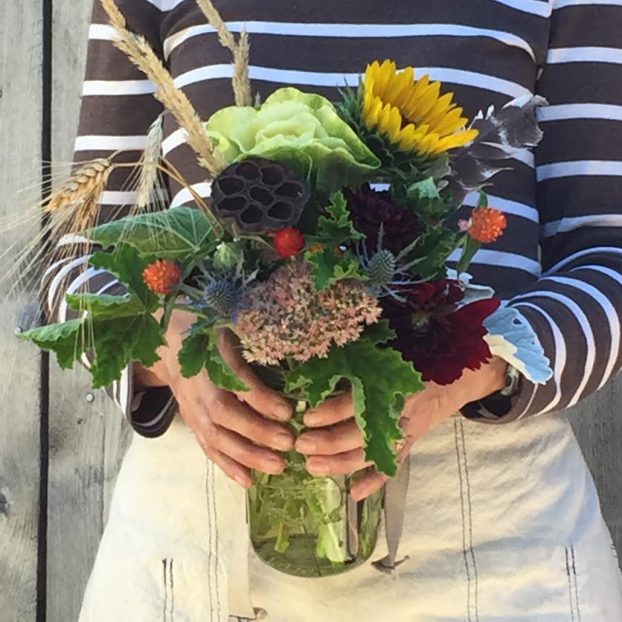
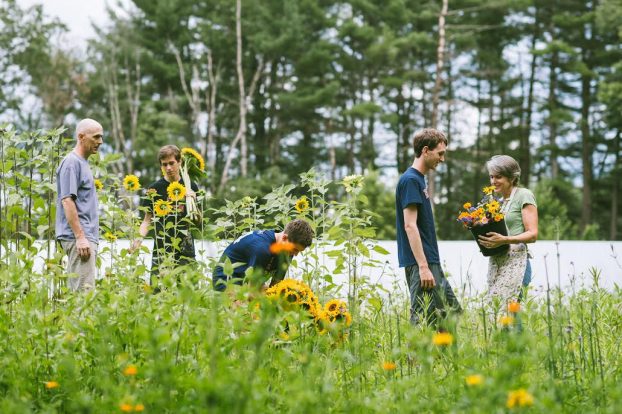
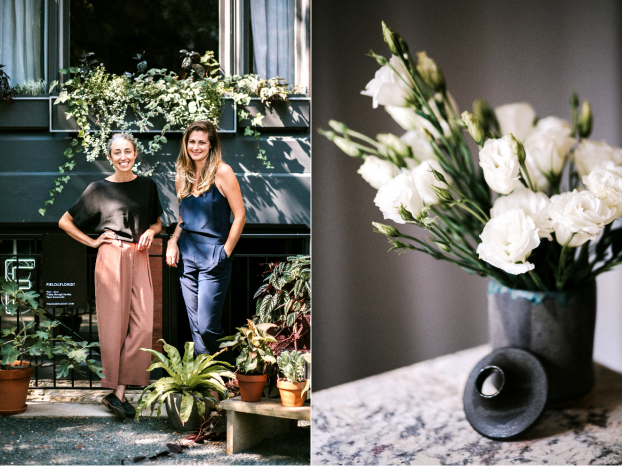
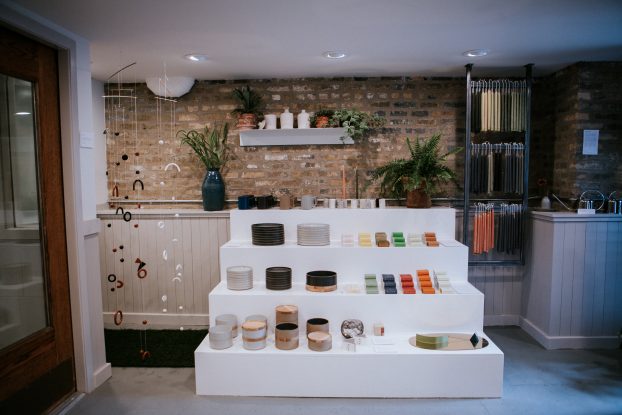
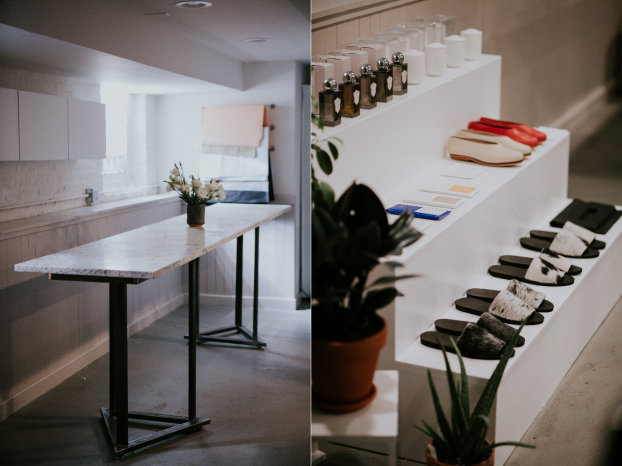
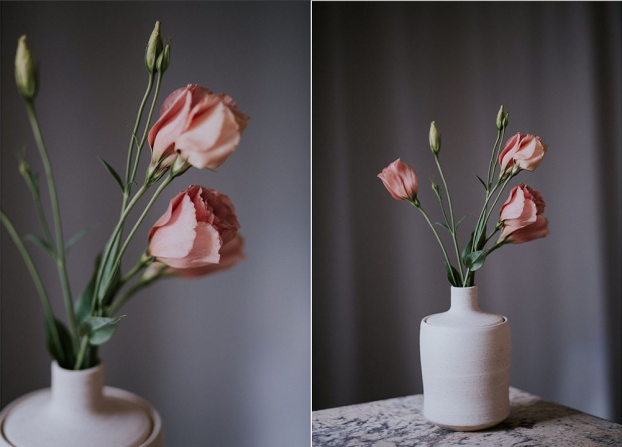
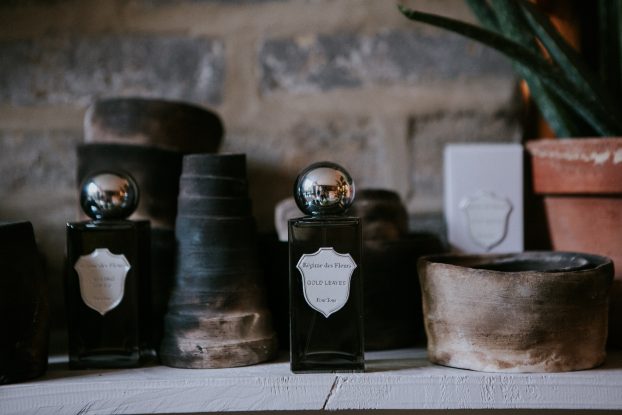
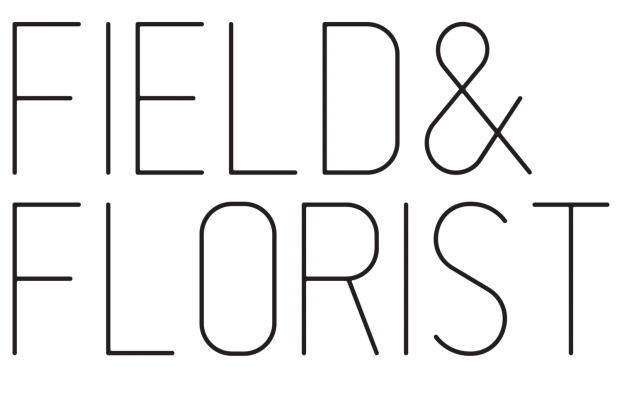

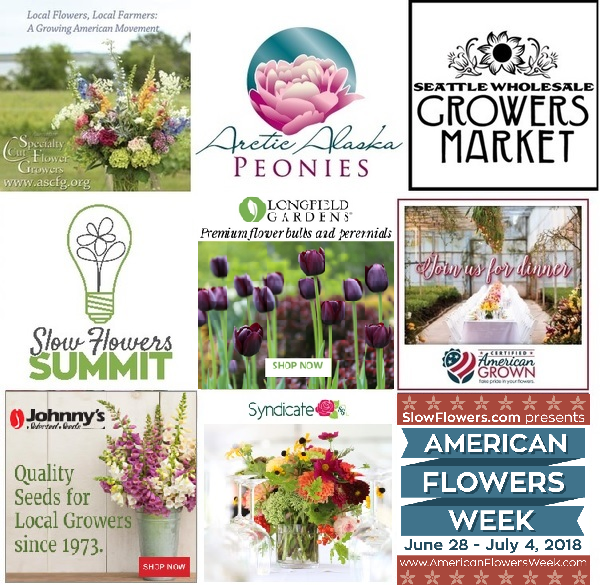
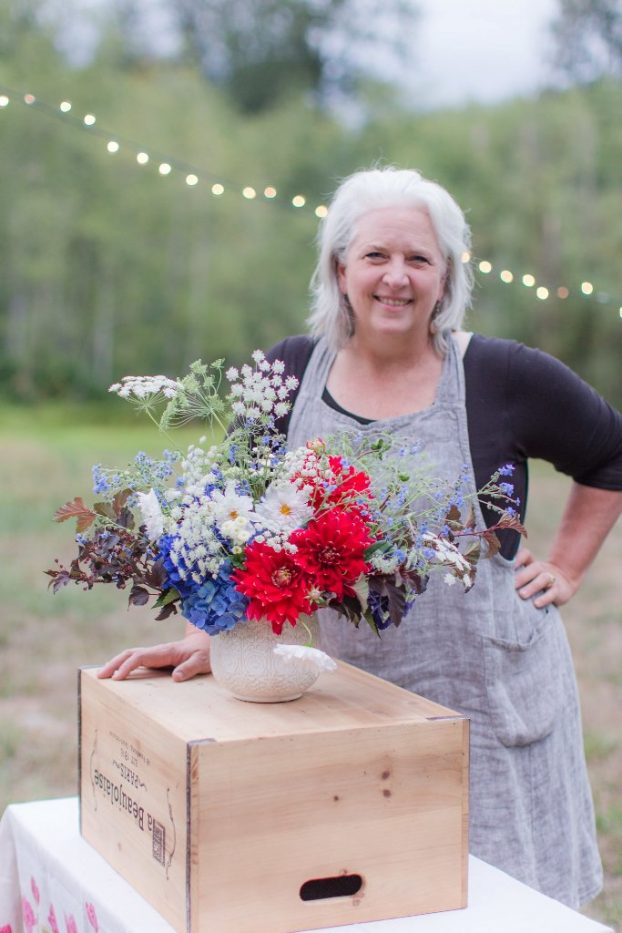
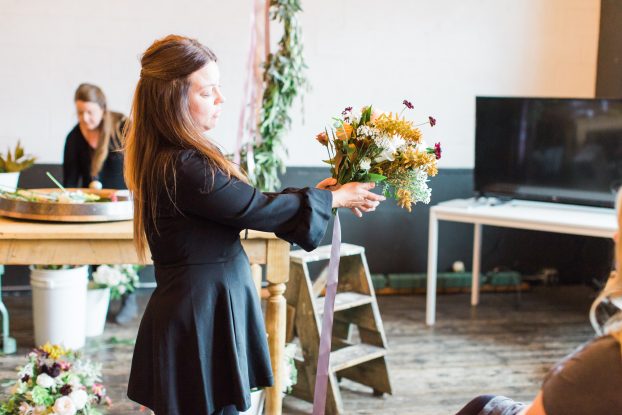
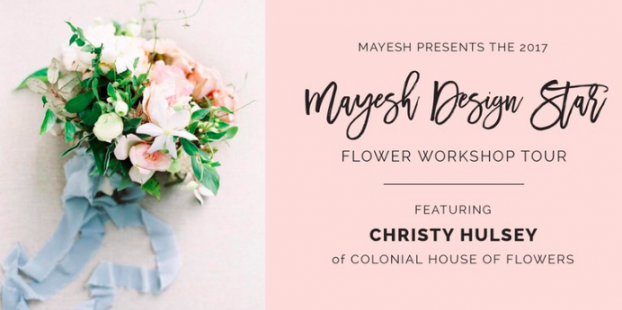
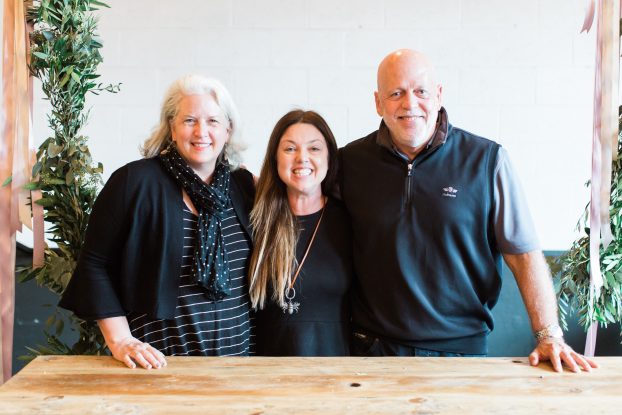
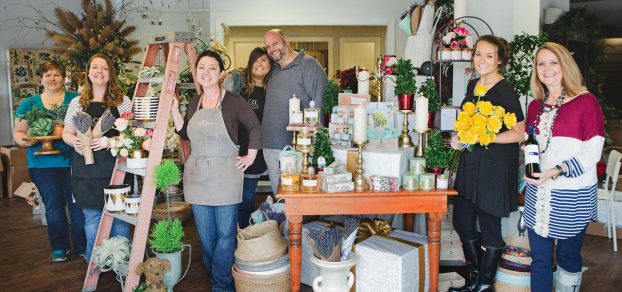
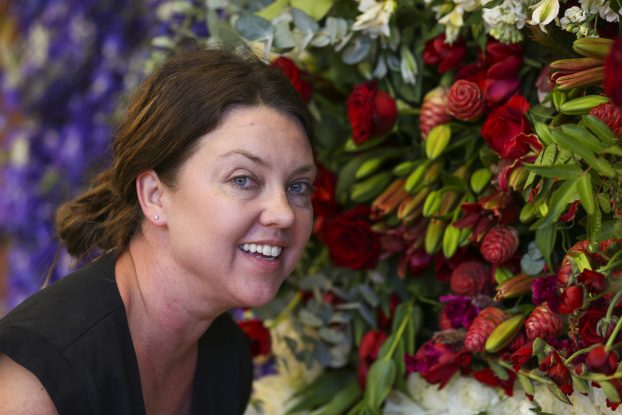
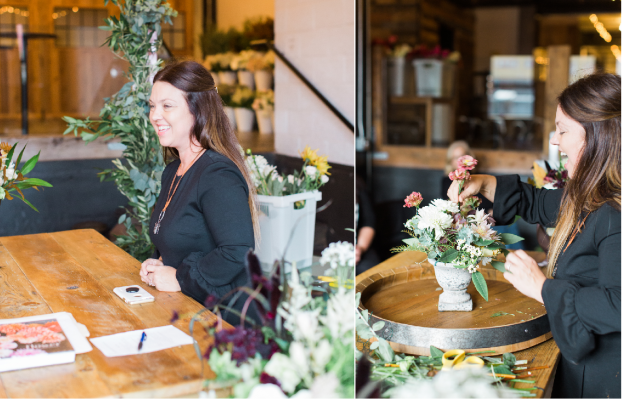
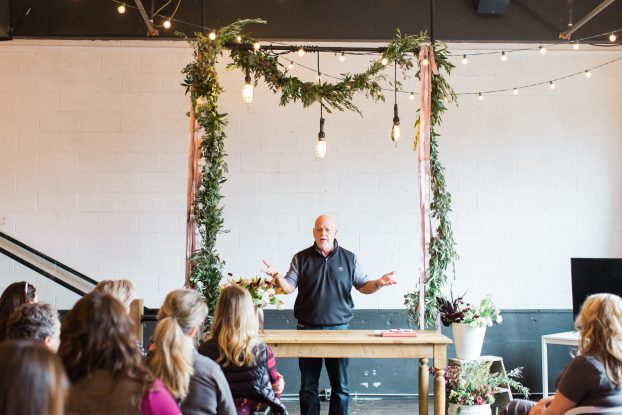
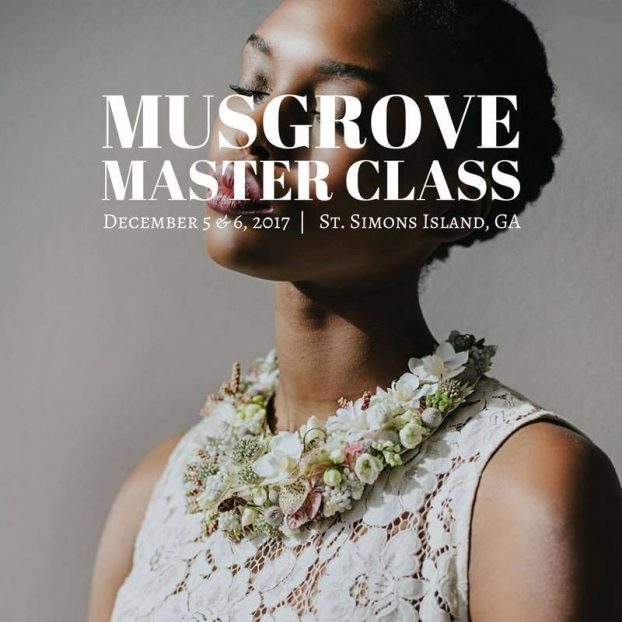
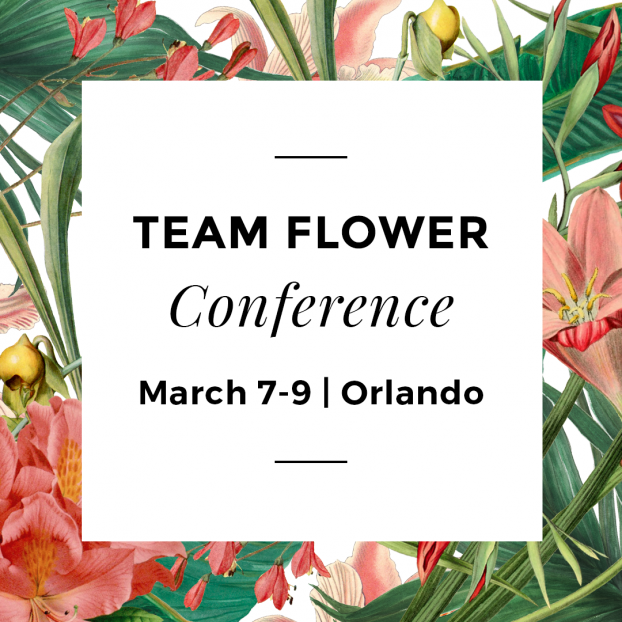

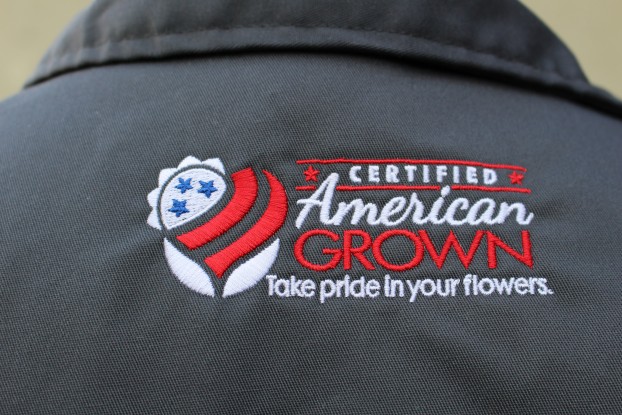
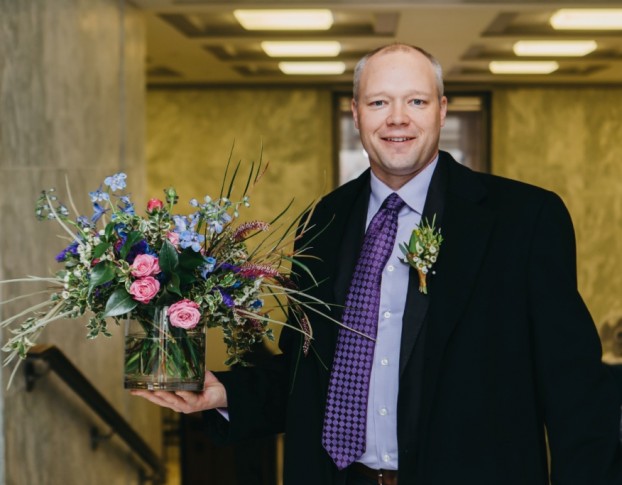
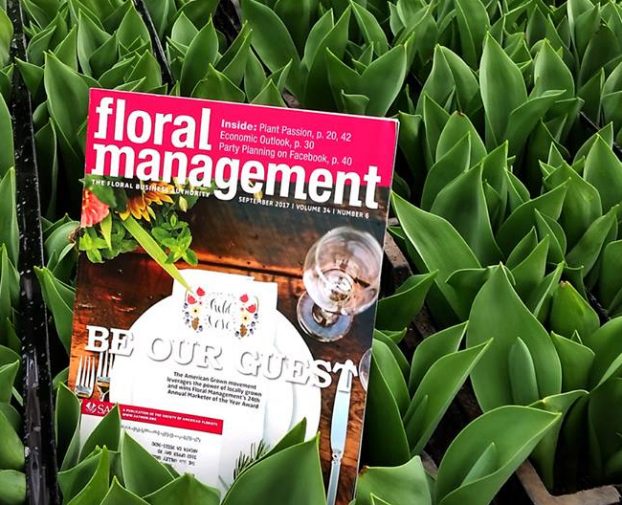
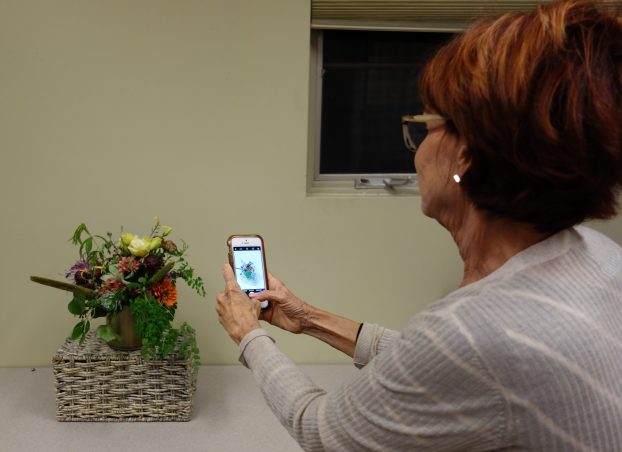
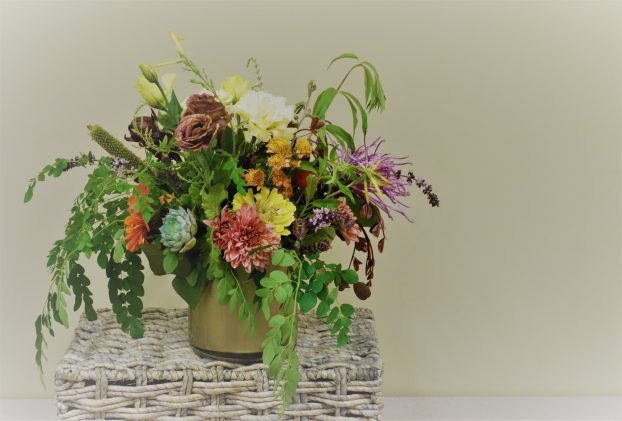
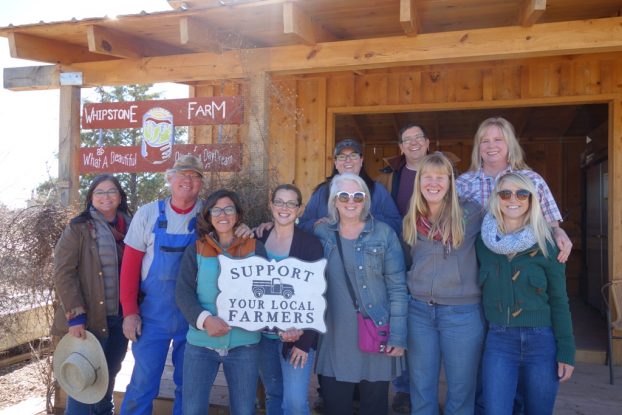
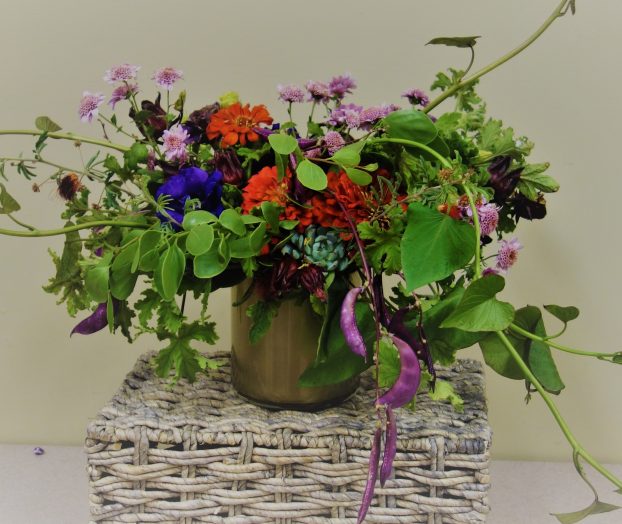
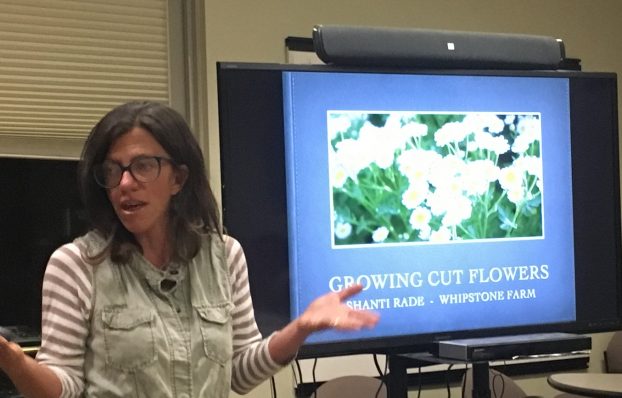
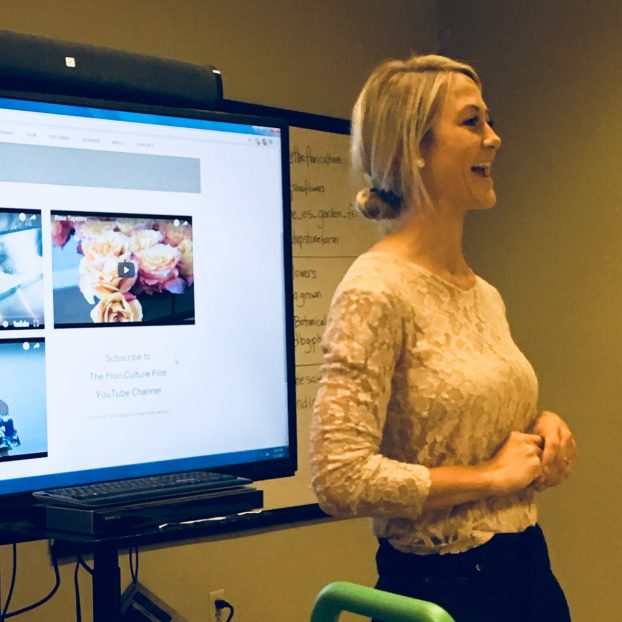
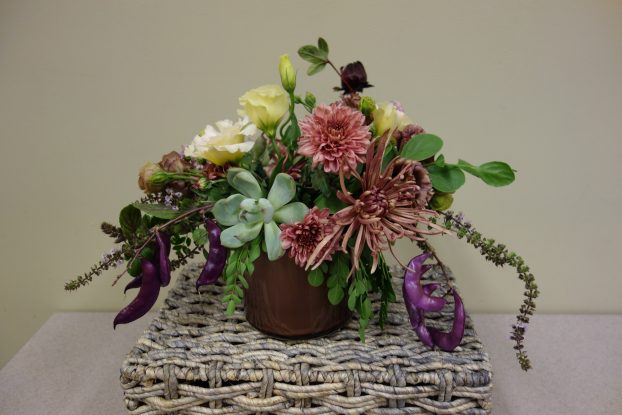
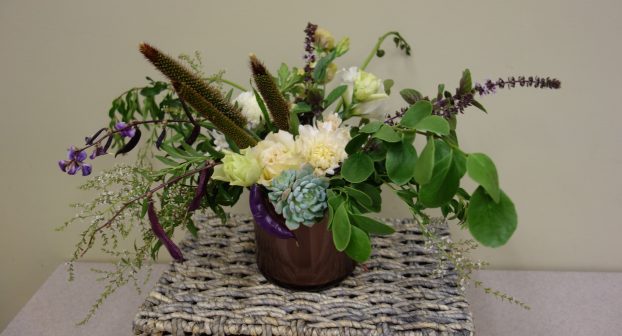
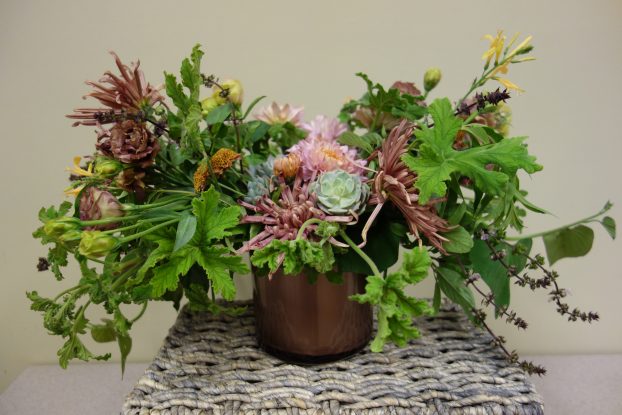
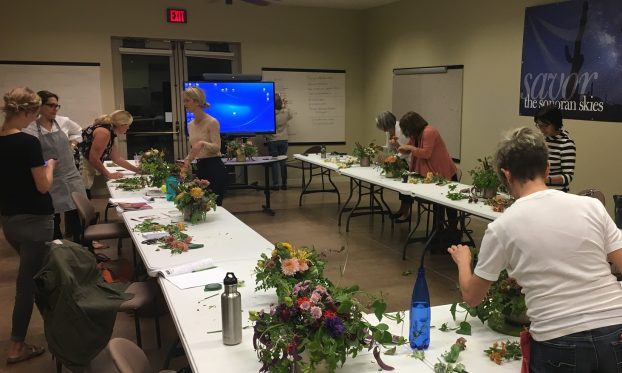
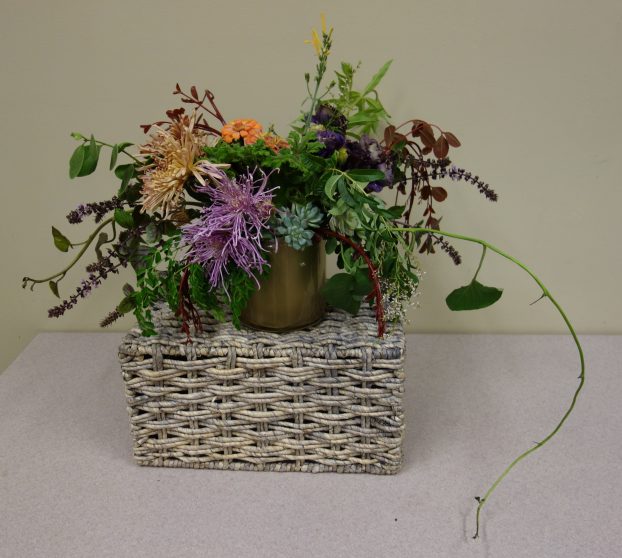
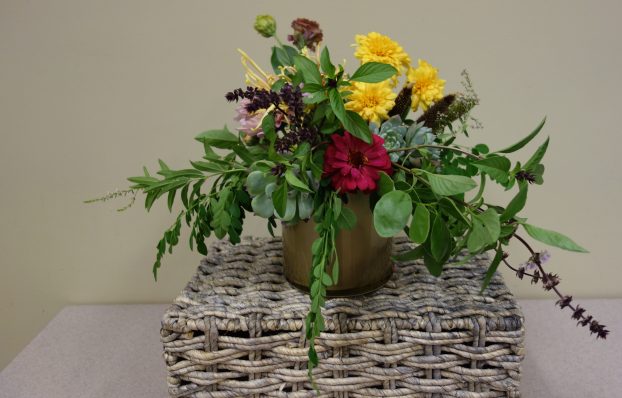 Julie
Julie